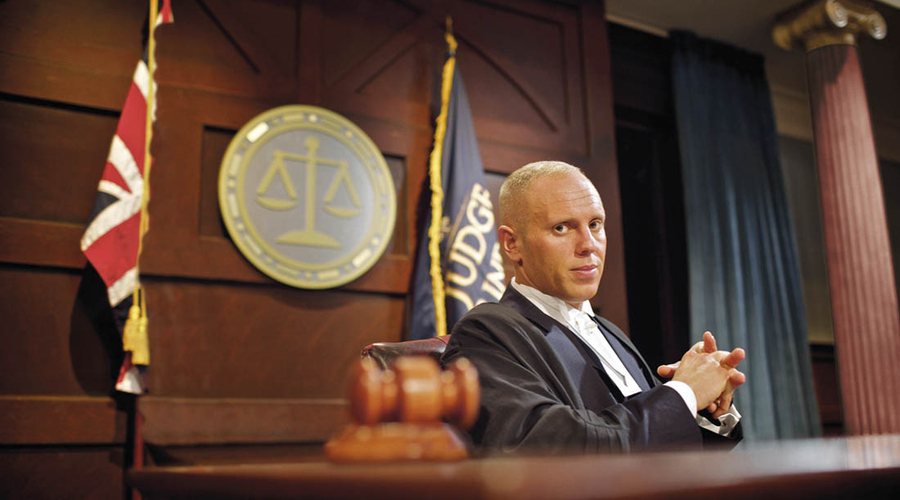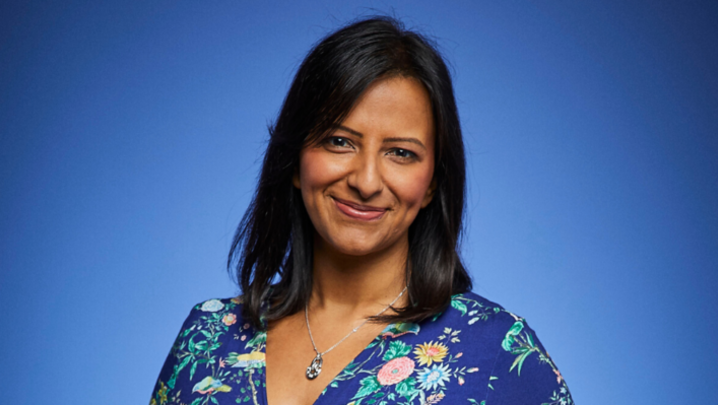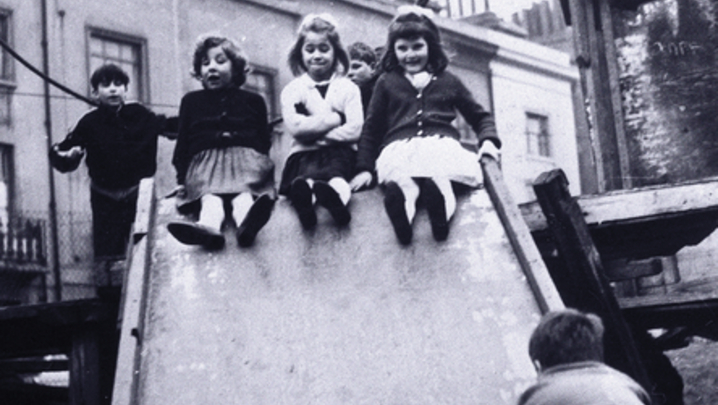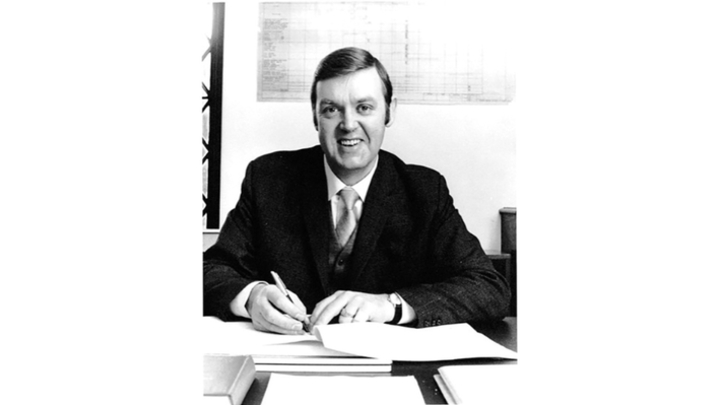"People say I used to do a serious job and now I just do television. But look at what television can do – look at its power and importance.”
Robert “Judge” Rinder was speaking about his career – from would-be actor to television presenter via the Bar and British Overseas Territories – with Granada Reports presenter Lucy Meacock at an RTS North West event at the Lowry in June. He has fronted the ITV daytime show Judge Rinder, in which he arbitrates over civil cases, since its launch in 2014.
Arguing that “life can switch on the throw of a die”, Rinder gave up on acting after he heard Benedict Cumberbatch at an audition deliver the same lines. So, he studied law and was called to the Bar at the tender age of 21.
As a barrister for the defence, Rinder worked on many high-profile criminal cases, such as the drive-by shooting of Letisha Shakespeare and Charlene Ellis in 2003. Later, “as poacher turned gamekeeper”, he was sent to the Turks and Caicos Islands, where he was involved in prosecuting corrupt government officers. However, Rinder recalled how he would “wake up feeling bankrupt, depleted”, and eventually realised he was “desperately depressed”.

He began working on scripts with Storyvault Films, hoping to relaunch the successful 1970s and 1980s ITV series Crown Court, but couldn’t sell the idea. But it did lead to a meeting with ITV Studios’ (now) director of entertainment in the North, Tom McLennan, “a corporate visionary”, and “within four or five months” he’d been commissioned to front Judge Rinder.
As “the beneficiary” of the “extraordinary creativity and emotional intelligence” of the “broad and diverse team” behind the show, Rinder said that, in the North West, “no one gets into that team by virtue of nepotism… but by merit”. They are “wholly indifferent to… first-class degrees. [What is important is] can you speak to people? [Can you] listen?”
Rinder offered anecdotes of “almost pantomimic” episodes, but insisted there is a serious aspect to the show: “I’m very proud… that it’s enabled people to feel confident to bring their own cases to court.” Of his participation in BBC One’s Strictly Come Dancing, Rinder described it as “more than escapism – it’s deliverance into joy”.
Recently, Rinder has come almost full circle, using his expertise in criminal law to investigate true crime in ITV’s Judge Rinder’s Crime Stories. The episode about the 1988 murder of Helen McCourt, whose body has never been found, won the Current Affairs Programme prize at last year’s RTS North West Awards.
Rinder added: “Nearly all new participants in the show are recommended by previous [contributors],” because they feel “this is a creative community you can trust.”
The RTS North West event ‘An evening with Judge Rinder’ was held at the Lowry Theatre, Salford, on 19 June and produced by Kate Broadhurst and Rachel Pinkney.







